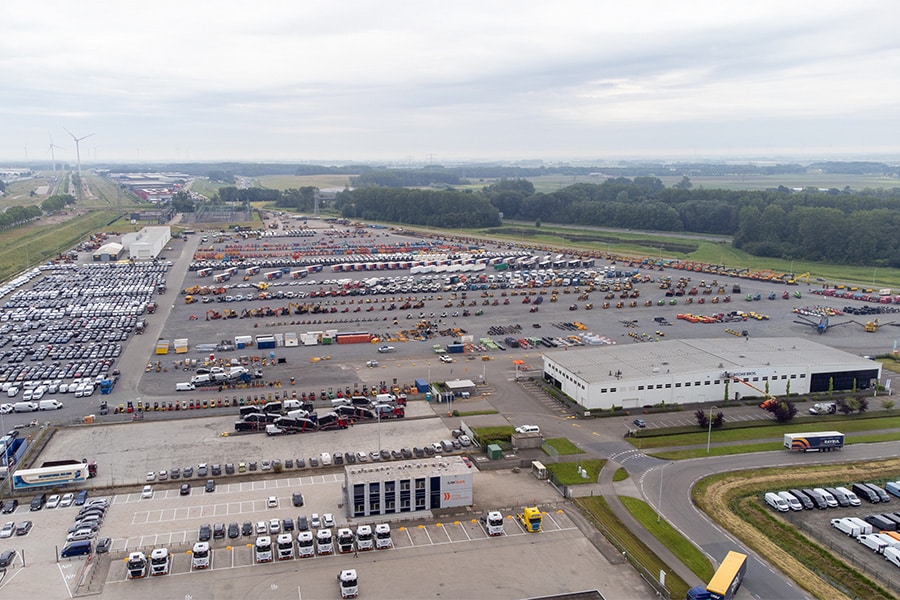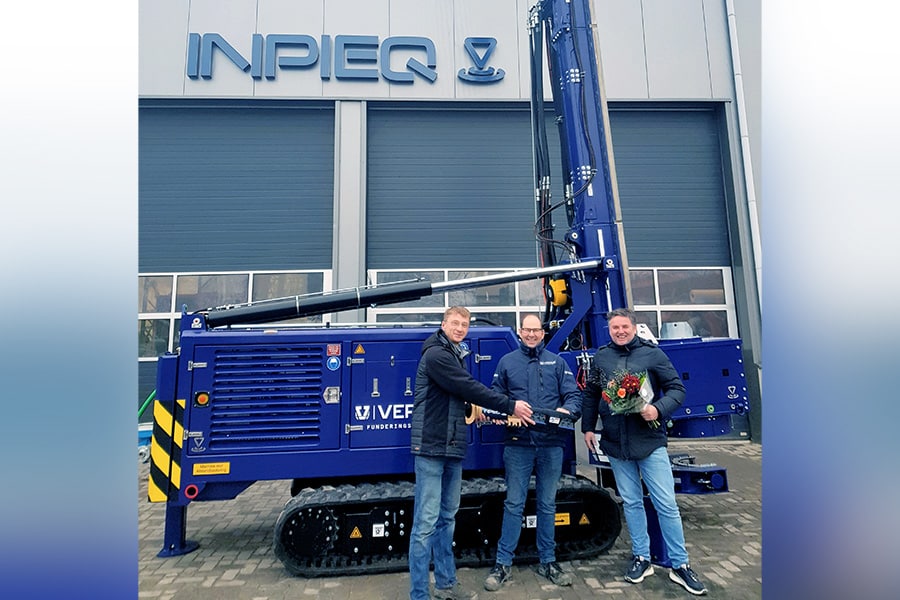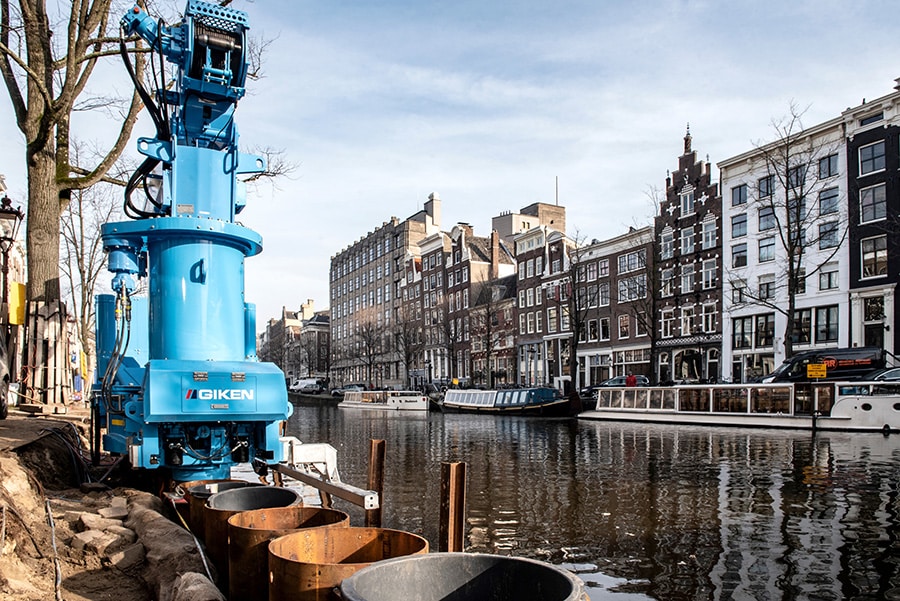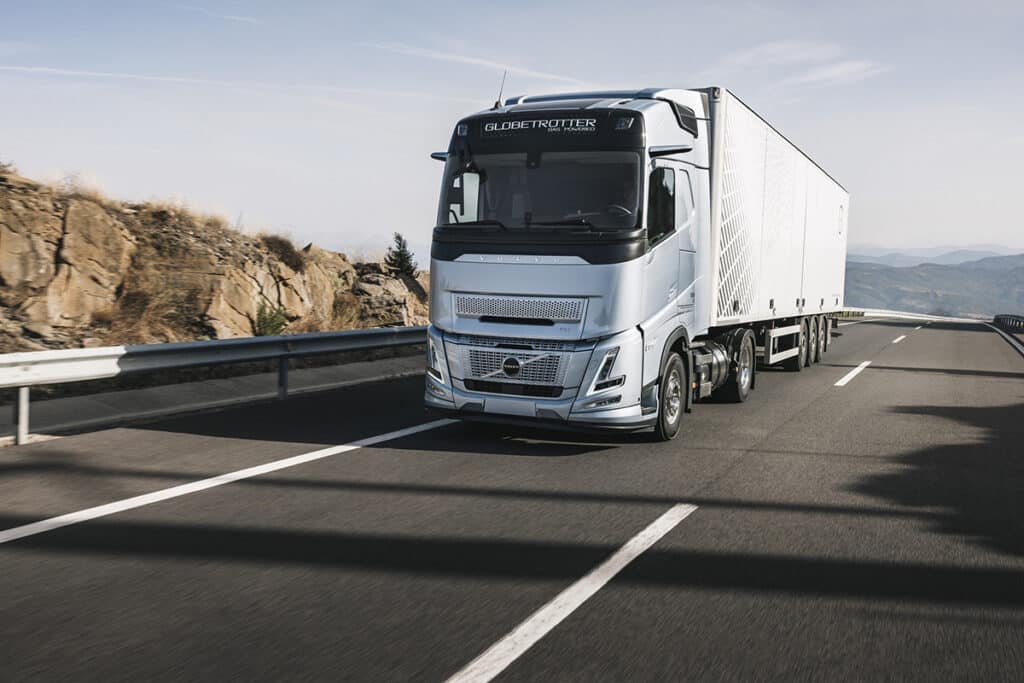
Volvo's trucks on (bio-)LNG on the rise - up to 100% CO2 reduction possible
Demand for Volvo trucks powered by (bio-)LNG is increasing. By 2024, sales will have increased by more than 25%. Renewable fuels can reduce CO2 emissions by up to 100%. It makes trucks on (bio-)LNG a growing solution for transport companies to reduce their CO2 footprint at a favorable TCO.
Global customer demand for Volvo trucks powered by (bio-)LNG is growing. Worldwide, Volvo Trucks has sold a total of more than 8,000 gas-powered trucks. By 2024, sales increased by 25%, with the top markets being the Netherlands, Sweden, Norway, Spain and the United Kingdom. Volvo's gas engines are available in the Volvo FM, FH and FH Aero models, and they can switch seamlessly between biogas (non-fossil gas produced from organic waste) and ordinary liquefied natural gas (Liquified Natural Gas).
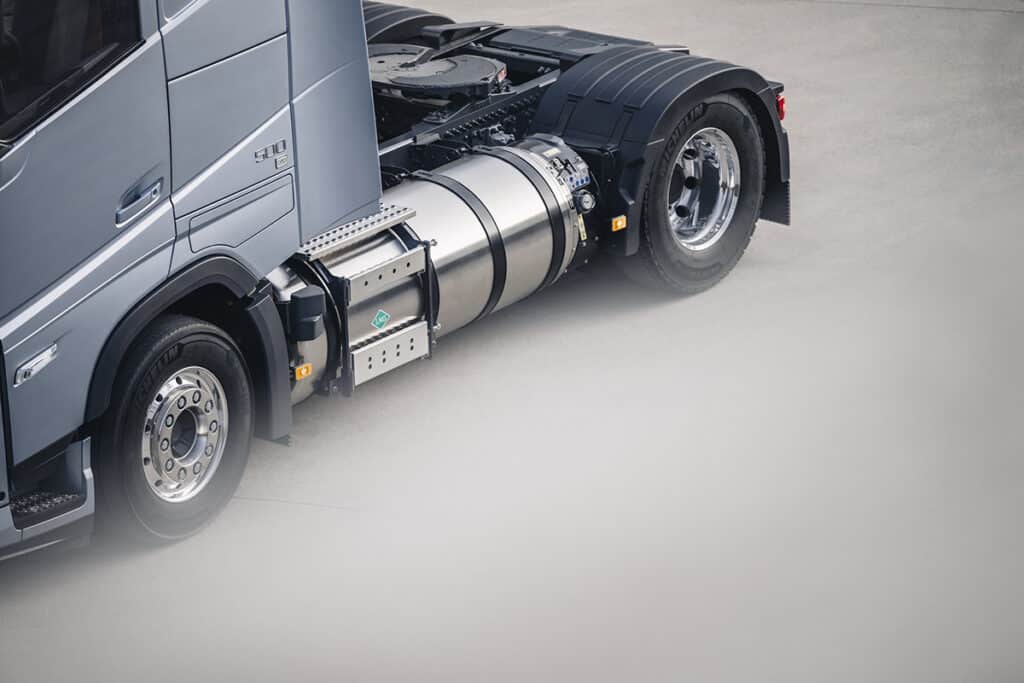
Volvo trucks running on (bio-)LNG can cover distances of up to more than 1,000 kilometers on a single refueling, making them suitable for transport tasks such as long-distance transport and intensive regional distribution. Trucks running on (bio-)LNG are in many cases a good alternative for deployment when, for example, an electric powertrain is not appropriate. This helps make transport companies and companies purchasing transport more sustainable.
"Many of our customers choose to replace their diesel trucks with trucks running on (bio-)LNG as a simple way to reduce their CO2 emissions here and now," says Jan Hjelmgren, head of Product Management at Volvo Trucks. He continues: "Volvo's trucks on (bio-)LNG are a real win-win for transport companies because they can combine lower TCO with a smaller carbon footprint and maintain productivity."
Several countries already offer an extensive network of filling stations with growing access to biogas. Global biogas production grew by 21%* by 2024. This means that the opportunity to reduce CO2 emissions to 100% is open to a significant number of users. Bio-LNG is a cost-effective solution compared to diesel in markets with tax breaks and government subsidies for renewable fuels and low emissions.
Even ordinary LNG already reduces CO2 emissions by up to 20% (tank-to-wheel) compared to diesel trucks. This also gives immediate advantages in CO2-based toll systems such as the Maut in Germany and next year's truck levy in the Netherlands.
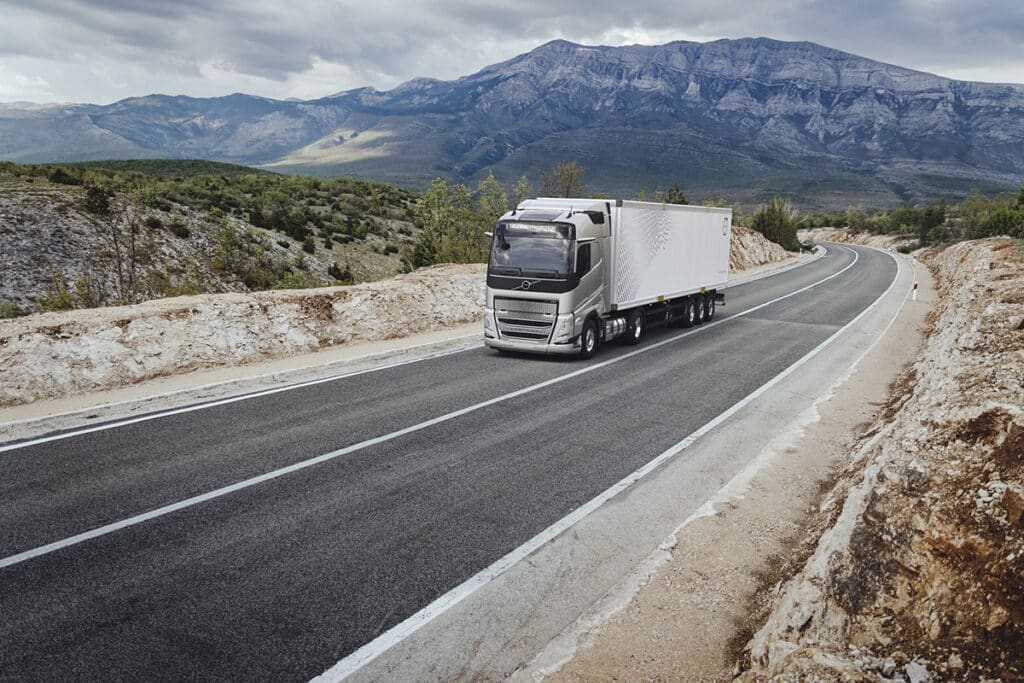
Substantial savings on CO2 and operating costs, without compromise
Volvo offers exceptional gas engine technology based on the D13 diesel engine. This means performance equal to the diesel truck, but with lower CO2 emissions.
"Our gas engines have technology that clearly outperforms the competition in terms of power, torque, engine response and fuel consumption. Drivers tell us they appreciate the low noise level, power and comfortable driving characteristics of our gas trucks," says Jan Hjelmgren. "We see that trucks on (bio-)LNG have great potential on their way to zero-emission transportation."
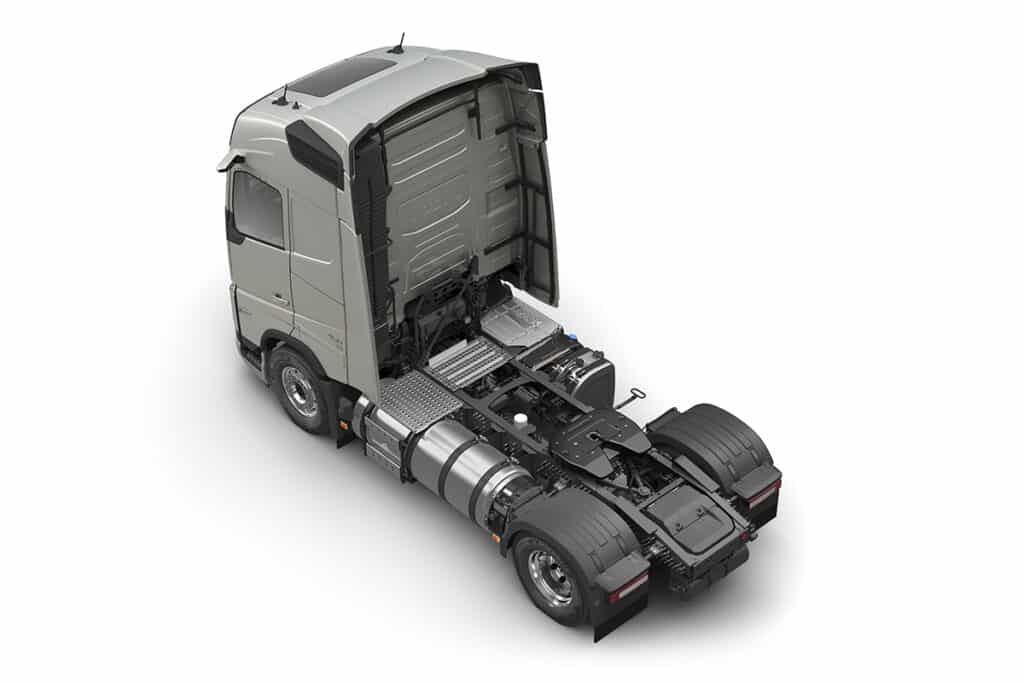
Facts about CO2 savings with trucks running on (bio-)LNG:
- Switching from diesel to LNG (liquefied natural gas) saves up to 20% CO₂ emissions (tank-to-wheel).
- Switching from diesel to bio-LNG saves up to 100% CO₂ emissions (well-to-wheel).
- Bio-LNG is produced from raw materials such as household waste, agricultural waste, manure and sewage.
- Bio-LNG is identical to regular LNG in terms of performance, storage and refueling.
Facts about Volvo trucks on (bio-)LNG:
- Volvo Trucks offers gas engines in the following models: Volvo FM, FH and FH Aero in 4×2, 6×2 and 6×4 tractor or bucket truck configurations, capable of GCW up to 70 tons.
- Volvo's G13 LNG engine is based on the D13 Euro 6 diesel engine and has three power levels: 420hp/2100Nm, 460hp/2300Nm and 500hp/2500Nm.
- The largest fuel tank has a capacity of 225 kg of gas, giving a driving range of up to more than 1,000 kilometers.
- Volvo Trucks' gas engine uses the fuel-efficient High Pressure Direct Injection (HPDI) technology from supplier Cespira.
- Volvo's gas engine uses a small amount of diesel as ignition fuel. When using HVO (Hydrotreated Vegetable Oil) for ignition, CO₂ emissions can be reduced up to 100% (well-to-wheel) compared to a truck running entirely on diesel.
- Biogas represents a fuel type for internal combustion engines, which in turn is a crucial part of Volvo Trucks' powertrain strategy to achieve zero emissions by 2040. This so-called "three pillar strategy" of Volvo Trucks to achieve net-zero emissions consists of battery-electric engines, fuel cell-electric engines and combustion engines powered by renewable fuels.
*According to a report by the European Biogas Association
